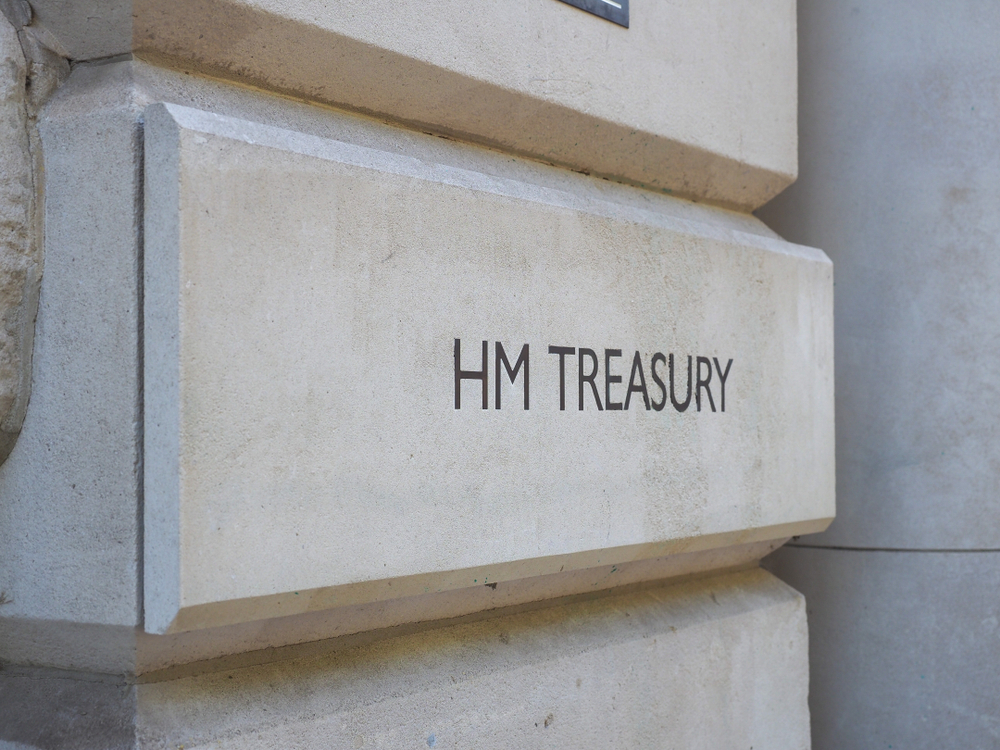Charities and the energy sector have joined calls from consumer rights champion Martin Lewis for the Government to provide more support on energy bills from 1 April 2023.
A petition for the public to sign has now been launched by campaign group 38 Degrees.
Sign now: https://act.38degrees.org.uk/act/cancel-energy-price-hike
In a letter to the Chancellor, Lewis called for the Government to keep the energy price guarantee (EPG) at a typical £2,500 a year, rather than hiking it to £3,000 a year as currently planned.
With the Energy Bills Support Scheme ending at the same time, households will see the real cost of their bills increase by around 43% from an average bill of £2,100 this year.
Over 70 organisations have now come out in support of the call, including: Age UK, Christians Against Poverty, the End Fuel Poverty Coalition, Warm This Winter, Centre for Sustainable Energy, Energy Action Scotland, Huntington’s Disease Association, Epilepsy Action, Fairer Housing, Advice for Renters, Scope, South West London Law Centres, FareShare, Green Alliance, Joseph Rowntree Foundation, MS Society, Nesta, Sense, Leonard Cheshire and Mencap.
Energy UK, the trade association for the energy industry, has also come out in support of the call.
The letter says the planned increase in the Energy Price Guarantee (EPG) will increase bills for almost every home in the country:
This comes at the same time that the £400 energy bills support scheme comes to an end.
Yet things have changed since then, and I would ask you to urgently consider postponing that increase. This cannot wait until the Budget – in practice, energy firms will need to know much sooner if the planned rise isn’t happening on 1 April, or they are bound to have to communicate to customers that it is coming.
This decision to increase prices was made at a time when wholesale rates were looking to be far higher than they are now.
In fact, on current predictions the EPG subsidy may well only be needed from April to July. After that, the underlying price cap currently looks like it may be cheaper than even the current EPG rate of £2,500 a year for a typical household.
This means the provisioned Government expenditure on the energy subsidy will be billions less than expected when the plans were made, giving significant headroom to enable a postponement. Plus, maintaining a lower EPG will also help reduce inflation.
In real terms, the package of support for the most vulnerable households in 2023/24 risks being even less than this winter when there were 9m people living in cold damp homes.
Failure to act was described by Martin Lewis as a “national act of self-harm.”

